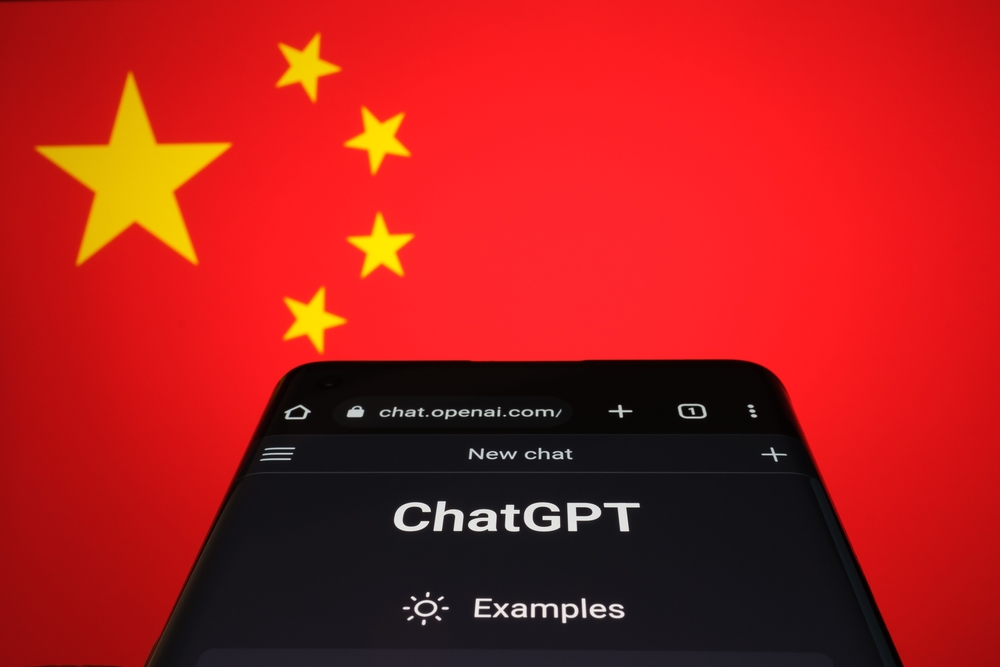Chinese artificial intelligence developers have begun aggressively expanding their customer base following news that OpenAI will limit access to its API to users in China and some other countries where the chatbot has not officially launched.

OpenAI, the company behind the popular ChatGPT service, intends to block access to its technology used to create AI-based products to organizations in China and some other countries, Chinese newspaper Securities Times reported today. ChatGPT is not available in mainland China, but many local startups had access to the platform through the API, which they used to build their own applications. Last night, Chinese users of the platform began receiving emails warning that they were in a “region that OpenAI does not currently support,” and as of July 9, the company will begin taking additional measures to block API traffic from certain regions.
Baidu and Alibaba Cloud’s Migration Programs
In response, Baidu, China’s leading AI developer, said it would launch an “inclusive program” offering new users free migration to its Ernie platform. OpenAI users will be provided with additional tokens to work with the flagship Ernie 3.5 model in a volume corresponding to the scale of their use by OpenAI, adds NIXSolutions. Tokens are units of text processed by AI models.
Alibaba Cloud also offered free tokens and migration services to its AI platform for OpenAI API users. The company said that running its Qwen-plus model would cost significantly less than GPT-4. This move aims to attract OpenAI users who are now seeking alternatives due to the new restrictions.
Zhipu AI’s Special User Migration Program
Zhipu AI, another major player in the Chinese AI sector, also announced a “special user migration program” for the OpenAI API. According to the company, its GLM model is “fully aligned with the OpenAI product ecosystem,” offering “security and manageability.”
We’ll keep you updated on further developments as Chinese AI companies continue to adapt to OpenAI’s new restrictions and provide alternative solutions for their users.
